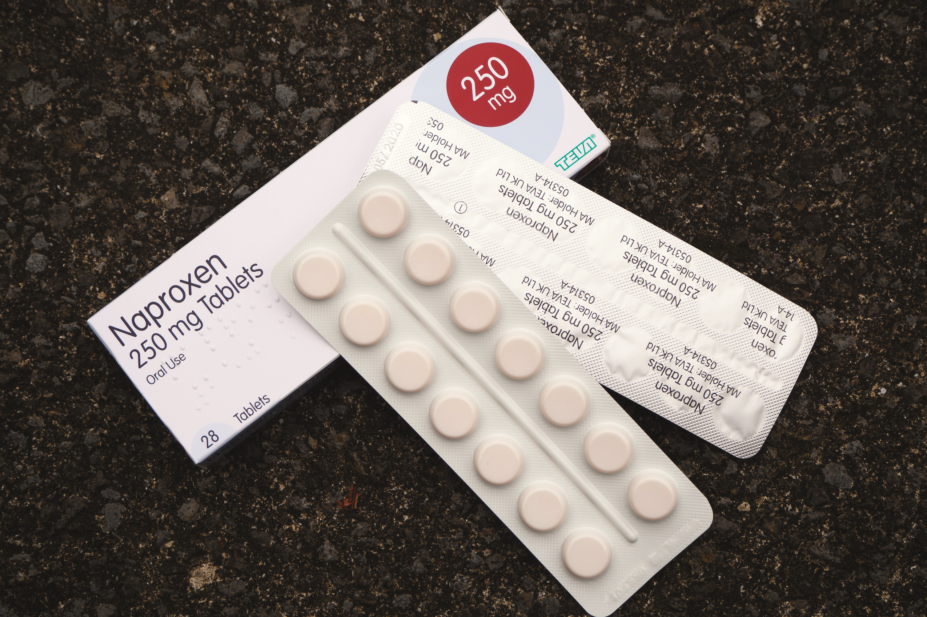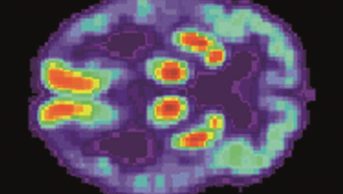
Shutterstock.com
Non-steroidal anti-inflammatory drugs (NSAIDs) are unlikely to prevent Alzheimer’s disease (AD) in people at risk of developing the condition, the authors of a study published in Neurology have concluded (5 April 2019)[1]
.
Their two-year trial involved 195 people with a family history of AD but no current cognitive disorder. They were randomly assigned to either naproxen sodium 220mg or placebo twice daily and were given a composite pre-symptomatic Alzheimer Progression Score (APS) at baseline, 3-month, 12-month, and 24-month time points based on imaging, cognitive assessment and cerebrospinal fluid biomarker testing.
The researchers found that the pre-symptomatic APS increased significantly in all patients by an average of 0.102 points per year. However, the difference in rate of progression (0.019 points/year) was not statistically significant between the two groups, with people who were taking naproxen experiencing more adverse events.
Observational studies have suggested a link between the use of NSAIDs and reduced AD incidence, but clinical trials demonstrated no efficacy in slowing Alzheimer’s progression in people diagnosed with the disease.
The researchers said this study also suggested no role for NSAIDs in AD prevention in cognitively intact individuals.
“This work has left us with extreme pessimism regarding any possible role of NSAIDs in AD prevention,” they said.
References
[1] Meyer P, Tremblay-Mercier J, Leoutsakos J et al. A randomized trial of naproxen to slow progress of presymptomatic Alzheimer disease. Neurology 2019;92:e2070–e2080. doi: 10.1212/WNL.0000000000007232


